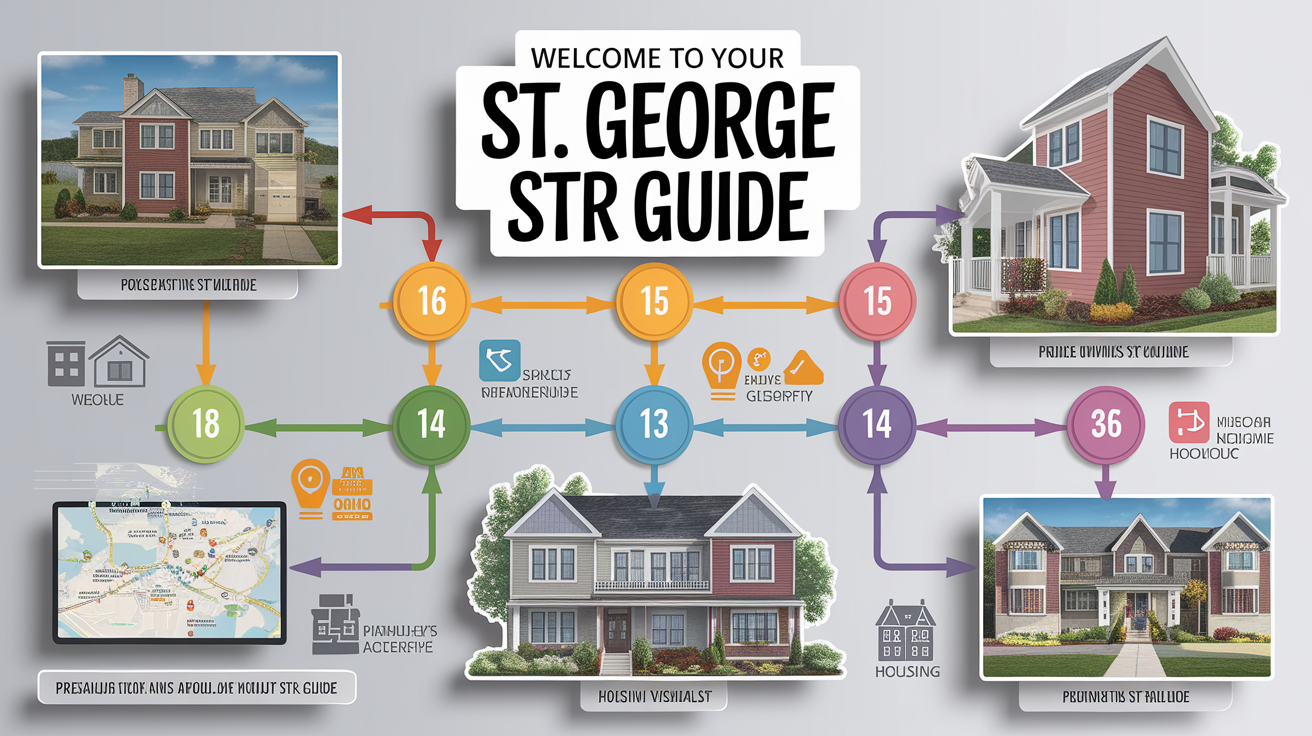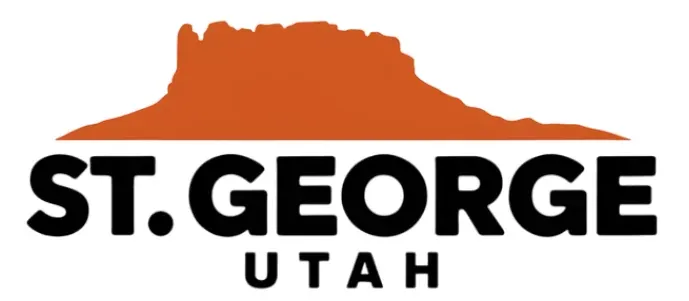STR Ready in St. George: Your Regulations and Hosting Roadmap
Welcome to Your St. George STR Guide
If you’re dreaming about opening your home to travelers through platforms like Airbnb or VRBO here in St. George, Utah, you’re in good company. The city’s red rock scenery draws visitors year-round, but before you list your space, it’s important to understand the rules. St. George has clear regulations for short-term rentals (STRs), and knowing them upfront can save you headaches later. Think of this as your friendly roadmap — I’ll walk you through zoning, permits, taxes, and even some hosting tips to help you get off to a great start.

Understanding Zoning and Regulatory Basics
In St. George, zoning ordinances determine exactly where you can operate a vacation rental. The biggest thing to note? Most standard single-family residential zones don’t allow STRs. That includes mobile home and agricultural zones. The city has put these rules in place to protect neighborhood character and keep residential life peaceful.

Short-term rentals are primarily allowed in certain planned developments, such as Sports Village or Las Palmas, where tourist amenities like golf courses and pools are already part of the environment. In rare cases, if your property is larger than two acres, you might get an exception by obtaining written neighbor consent from within 300 feet, following parking rules, and meeting licensing requirements.
Because enforcement is active, verifying your property’s zoning before listing is crucial. Helpful local guides, such as this St. George STR zoning overview, explain which areas permit rentals and the conditions involved.
Securing Your STR License and Ensuring Compliance
Once you’ve confirmed your location checks out, the next step is obtaining a business license — yes, you do need one for Airbnb or VRBO rentals in St. George. The process involves:

- Submitting a complete business license application
- Paying applicable licensing fees
- Providing proof of property insurance
- Including a site plan (showing parking spaces, entrances, etc.)
Your property may also require a health and safety inspection to ensure it complies with building codes and safety regulations — though brand-new builds that followed all permits may be exempt. Once approved, your license needs to be displayed inside the rental and renewed annually. You’ll also need a 24/7 local contact who can respond to guest issues.
Details on this process are outlined in guides like Washington County’s STR licensing page (helpful for comparison) and the St. George compliance guide.
Navigating Tax Collection and Remittance
Operating an STR means you’re essentially in the lodging business, so tax responsibilities apply. In St. George, you’ll need to collect two main taxes from guests:

- Utah State Sales Tax – a percentage of your nightly rate and fees
- Transient Room Tax (TRT) – a local lodging tax used to support tourism services
These taxes are added on top of the booking price, so guests pay them, but you are responsible for remitting them to the proper authorities. Staying compliant here is vital since tax filings can be audited. Updated information on Utah STR tax requirements and local lodging laws can help you set up your process correctly from the start.
Hosting Best Practices to Keep Guests and Neighbors Happy
The most successful hosts in St. George understand that great hosting goes beyond nice décor. It’s about blending hospitality with respect for your community. Here are a few key practices:

- Safety first – Meet fire safety standards, keep smoke/CO detectors functional, and maintain any required inspections.
- Be reachable – Maintain responsive guest communication channels 24/7.
- Respect limits – Follow occupancy limits and parking requirements outlined by the city.
- Noise awareness – Remind guests about quiet hours to prevent noise ordinance violations.
- Stay informed – Keep an eye on city updates; regulations can change.
Following these hosting guidelines not only keeps you compliant but also creates smooth stays that lead to better reviews and repeat bookings.
Exploring Nearby Alternatives
If your dream rental spot falls in a prohibited zone in St. George, don’t worry — you still have options. Neighboring cities like Hurricane and Washington often have more relaxed STR rules and may offer the kind of flexibility you’re looking for. It’s worth checking their zoning ordinances and licensing processes, especially if you’re set on renting a single-family home.
The regional STR zoning guide is a great place to start comparing requirements so you can find the right location for your vacation rental business.
From Blueprints to Bookings: Your Next Steps
Getting an STR up and running in St. George takes a little planning, but it’s absolutely doable when you understand the playbook. Start by confirming your zoning, move forward with your business license and any safety steps, set up your tax remittance process, and shape your hosting style around both guest enjoyment and neighborhood harmony.
When you’ve covered these bases, you’ll be well on your way from “thinking about it” to seeing your first booking come through. With the right preparation and an eye on the rules, you can create a hosting experience that’s rewarding for you, delightful for your guests, and respectful to the St. George community.







